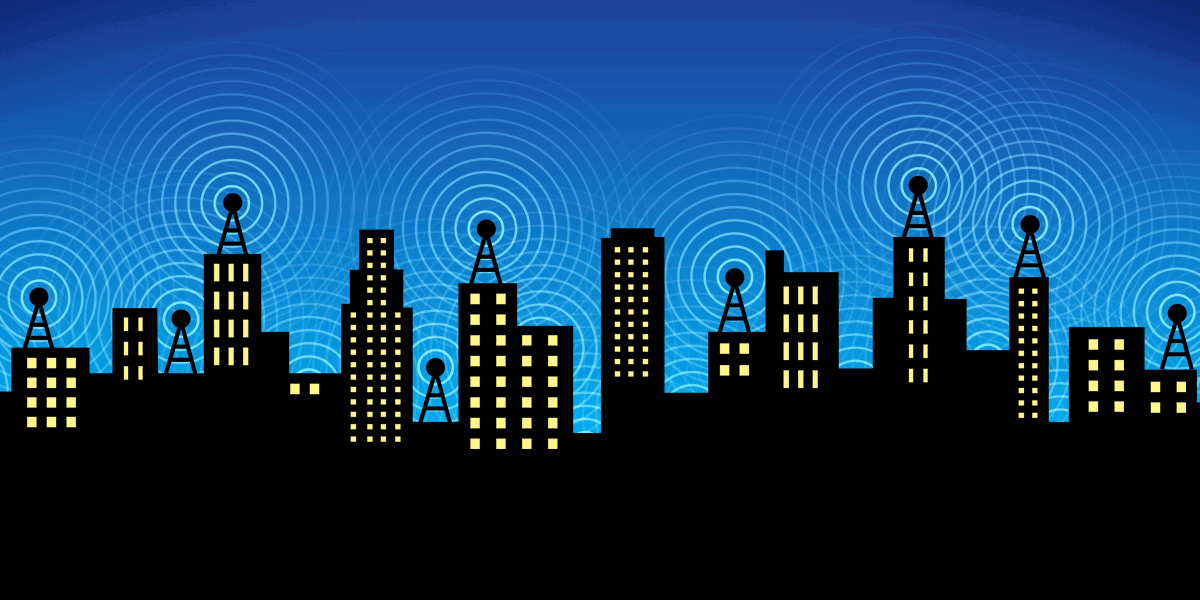Using a public Wi-Fi network is no longer as dangerous as it was a decade ago, as the mass adoption of the HTTPS protocol has made snooping on network communications more difficult.

This is the last message of the Electronic Frontier Foundation (EFF), which explains that advice that existed to avoid using any public Wi-Fi and stick to networks with code access no longer apply these days.
"This advice came from the Internet, when most communications were not encrypted. At that time, if someone could look at your network communications, they could read your email. They could also steal your passwords or login cookies to emulate you on your favorite websites. ”
But the rapid adoption of HTTPS has solved this shortcoming of public Wi-Fi networks, according to the EFF. 92% of websites in the United States currently use the HTTPS protocol, its use is constantly increasing in all other countries.
However, the EFF Foundation explains that HTTPS does not necessarily protect all data you, as some information is still exposed when you connect to a public Wi-Fi and there is some malicious user trying to spy on you.
Information such as domain name that you open to browser σας, το μέγεθος των files that you download or upload are available to someone monitoring your communications, but on the other hand, login names, passwords and messages are fully protected.
"They could see this metadata, as the ISP could see it when you browse your home. "If it is not a risk for you, then you should not worry about using public Wi-Fi," says the EFF.





